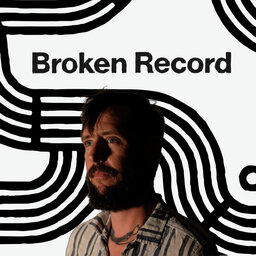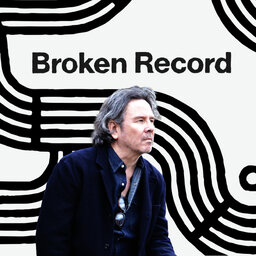Mike Campbell On First Album Post Heartbreakers
Mike Campbell, guitarist, co-writer and original Heartbreaker talks to Rick Rubin about growing up with Tom Petty, working on Wildflowers and about his new album, Wreckless Abandon, with band The Dirty Knobs. It’s the first band Mike’s ever been a part of without Petty - who he started playing with in the early 70’s in Mudcrutch. And it’s the first time Rick’s been able to catch up with Mike since Tom’s passing. They talk about their work together and how the Heartbreakers always managed to find new life ... plus Mike, for the first time, tells the story of how he wrote the riff for “Runnin' Down A Dream."
Subscribe to Broken Record's YouTube channel to hear old and new interviews, often with bonus content: https://www.youtube.com/brokenrecordpodcast
You can also check out past episodes here: https://brokenrecordpodcast.com/
You can find some of our favorite songs by and featuring Mike Campbell by clicking HERE — enjoy!
Learn more about your ad-choices at https://www.iheartpodcastnetwork.com
 Broken Record with Rick Rubin, Malcolm Gladwell, Bruce Headlam and Justin Richmond
Broken Record with Rick Rubin, Malcolm Gladwell, Bruce Headlam and Justin Richmond


